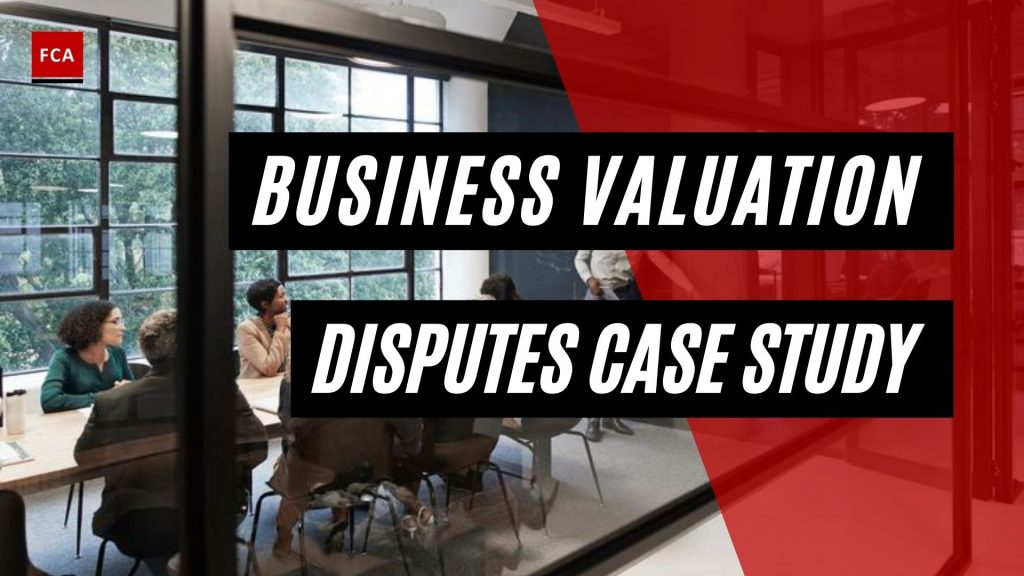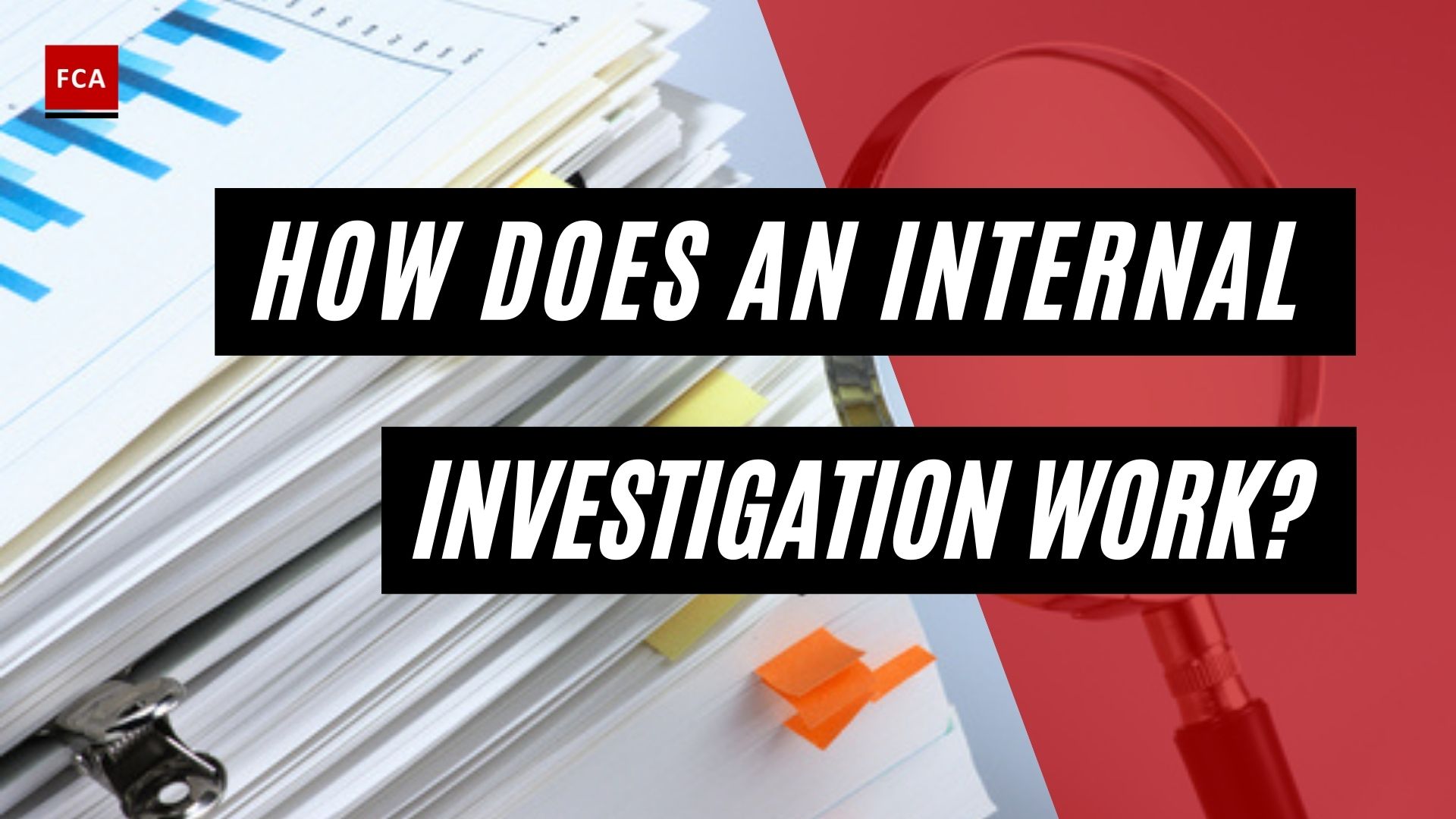Business valuation disputes case study. A case study is an in-depth, detailed examination of a specific case within a real-world context. Case studies in medicine, for example, may focus on an individual patient or ailment; case studies in business may cover a specific firm’s strategy or a broader market and case studies in politics can range from a narrow happening over time to a massive undertaking.

Business Valuation Disputes Case Study
The Background
A shareholder dispute has arisen in a prominent software firm (the “Company”) focused exclusively on subscription services to major car dealerships throughout North America. The Company’s list included eight of the top 10 automotive companies in North America. Due to a shareholder dispute, a co-founder was offered a settlement for his minority shares of the Company. Unfortunately, the shareholder agreement did not adequately cover the “business divorce scenario.”All parties agreed to work in “good faith” once an independent valuation was performed on the Company in question as of the date the shareholder left the Company.
An initial offer was submitted, and this preliminary offer was based upon the EBITDA multiples. Before accepting the said offer, a business valuation was performed on the Company.
The Problem
As stated above, in addition to having a minority position, no solid foundation for the solution or valuation process was mentioned in the shareholder agreement. In addition, the company witnessed a significant deterioration in business after the co-founder left the company. The founders never anticipated the company to grow to this size in such a short period of five years. The company was earning +$70 million in revenue and had a 12% EBITDA to Revenue ratio.
The debate around business valuation includes but is not limited to whether a software company is valued based upon its revenue or EBITDA.
The general guidelines for EBITDA vs. Revenue are:
- Are revenues growing less than 50%?
- Does this business generate $2M revenue per year?
If the answer is “yes” to any or all of the above, software businesses usually should be valued based upon earnings (EBITDA).
The Solution
This valuation was carried out using various methodologies, the relative factors being:
- Comparable product offerings;
- The market potential of the intangible asset;
- A change in alternative / competitive uses of the tangible asset; and
- An estimate of the intangible asset economic benefits.
Based on the nature of the services and technology and the information provided by the Company, the focus was on the Income and Market methodologies of valuation, and a weighted average was used for the valuation of the Company.
Once an enterprise value was calculated for the Company, the following was determined:
- Discount Rate (Risks)
- A growth rate
- Discount for the minority position
- Discount for the lack of marketability
Finally, with the results from the selected valuation methods, a conclusion was reached regarding the value of the minority shares.
The Results
The valuation for the shares held by minority shareholders was calculated using the approach mentioned above and was accepted by all parties. As a result, minority shareholder was able to obtain a 50% premium over the initial offer.
Final Thoughts
Parties to complex commercial litigation frequently encounter questions about the value of a business, business interest, or assets, whether in the context of a shareholder dispute, bankruptcy-related litigation, or other disputes.








